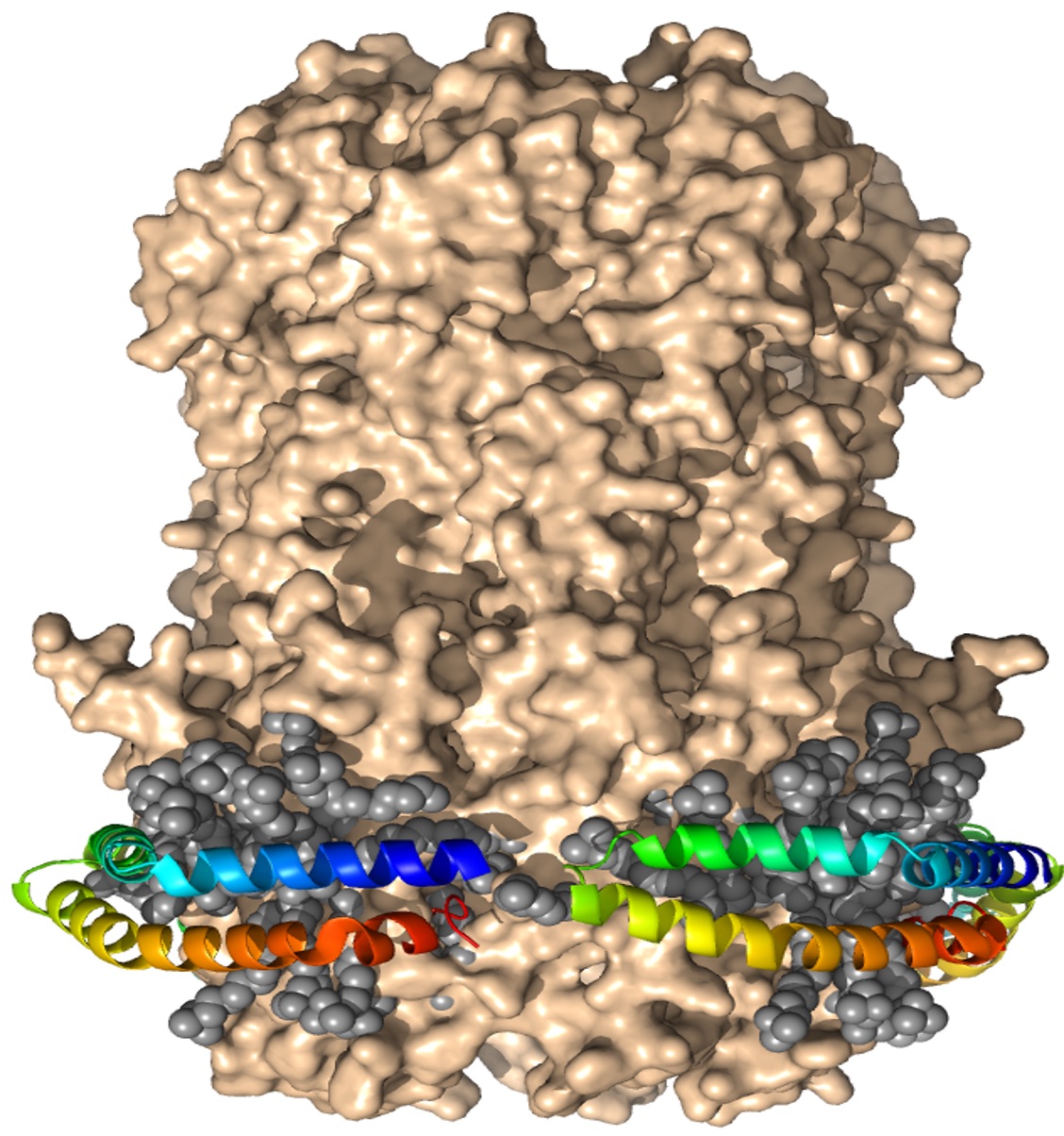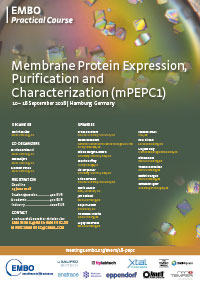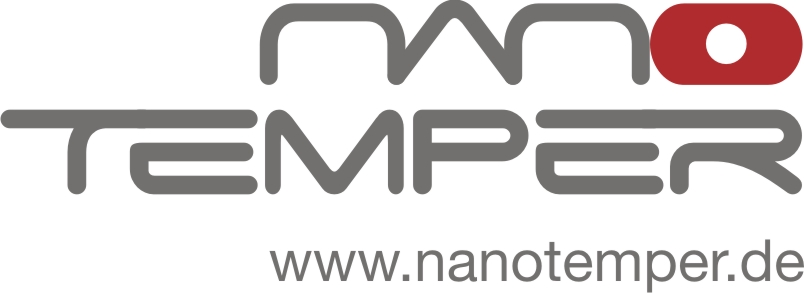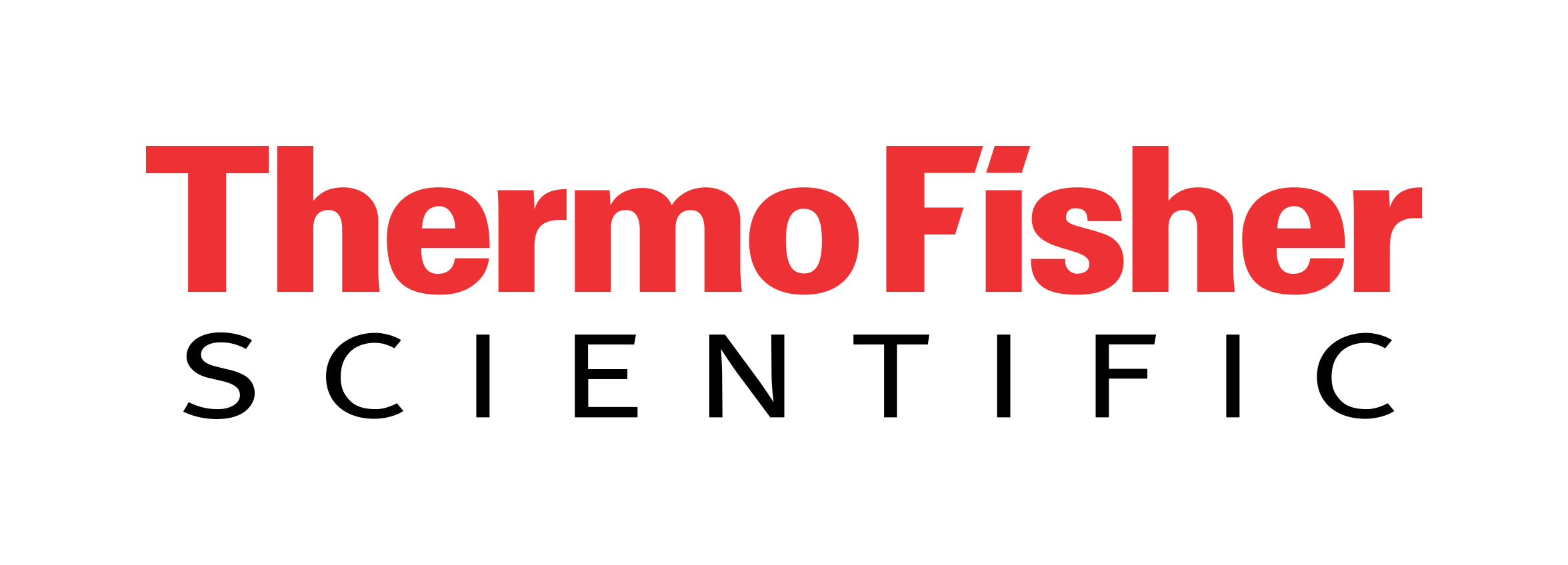About the Practical Course

Integral membrane proteins (IMPs) are encoded by almost 30% of all open reading frames and provide key functions in the cell. Due to their hydrophobic nature, they are difficult to study and structural information is lacking far behind their soluble counterparts. This EMBO Practical Course aims to teach participants in the latest developments in membrane protein production, characterization and structure determination. Modern protein expression techniques using various hosts will be presented and students will get acquainted with new crystallization and reconstitution techniques. An attitude to combine protein purification and characterization will be taught to impress the necessity on the students that proteins have to be conditioned with care to achieve structural information. The presence of a crystallization facility and beamlines for SAXS and macromolecular crystallography at the venue will be employed to perform novel integrated structural biology experiments. The course has an emphasis on practicals in small groups, and a "Meet the scientist" session at the beginning of the course will ensure a close interaction between students and tutors.
Practicals include:
1. Expression of eukaryotic integral membrane proteins in HEK293 cells.
2. Expression of integral membrane proteins using cell free expression.
3. SAXS on integral membrane proteins.
4. Crystallization of integral membrane proteins in lipidic cubic phase.
5. Quality control of integral membrane proteins: nanoDSF and DLS.
6. Reconstitution of IMPs in a detergent free environment using disc technology.
7. Bioinformatics on IMPs and modelling of membrane protein complexes.
8. Crystal harvesting and serial crystallography of small IMP crystals grown in Crystal Direct plates.
9. Negative stain electron microscopy of integral membrane proteins.
About EMBO Courses and Workshops
EMBO Courses and Workshops are selected for their excellent scientific quality and timelines, provision of good networking activities for all participants and speaker gender diversity (at least 40% of speakers must be from the underrepresented gender).
Organisers are encouraged to implement measures to make the meeting environmentally more sustainable.















